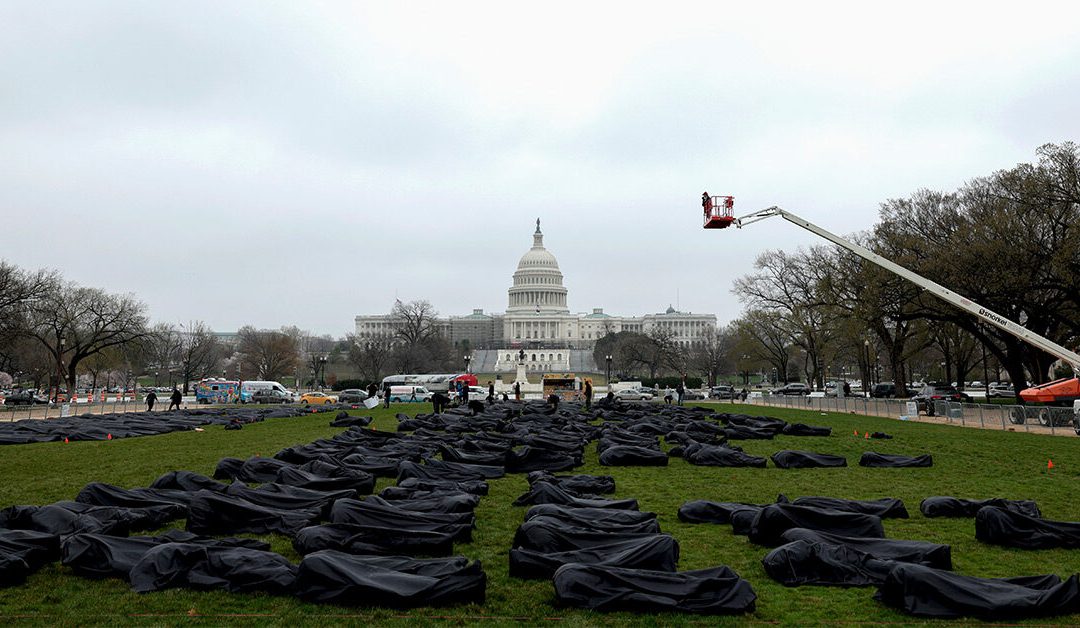Research suggests that lenient gun laws are associated with higher numbers of unintentional gun injuries that end in hospitalization. In addition, data shows that gun-related suicide attempts are more common in states with relaxed gun laws.
A report from Everytown for Gun safety identified a direct correlation between states with weak gun laws and higher rates of firearm mortality.
Eight states — California, Hawaii, New York, Massachusetts, Connecticut, Illinois, Maryland and New Jersey — have the strictest gun laws and the lowest rates of gun violence.
Thirteen states — Kansas, Alaska, Kentucky, Missouri, New Hampshire, Arizona, Oklahoma, Wyoming, South Dakota, Arkansas, Montana, Idaho and Mississippi — are categorized as national failures for having the weakest gun laws along and highest rates of gun violence.
According to the Everytown findings, the 13 states categorized as “national failures” have three times as many gun deaths as the eight states with the strong gun safety profiles.
A
According to the BMJ report, a 10 percent increase in gun ownership was associated with a 35 percent higher rate of mass shootings.
Another report, published in in 2016, found that statewide gun ownership rates were strongly associated with firearm suicide rates.
“The studies that have been done to date show that stricter laws in a state are related to
Overall, the evidence on gun laws and their impact on gun violence rates is limited as it predominantly accounts for gun license purchases via federal dealers, which only tracks the number of background checks, not the amount of firearms bought in a single background check, according to Flannery.
In addition, data on private gun sales, gun show purchases, illegal sales, stolen guns, and ghost guns is not readily available, Flannery added.
This content was originally published here.

